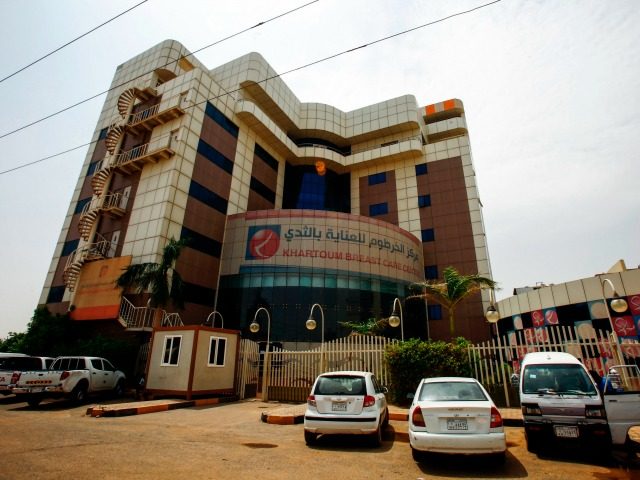Refugees from Sudan who are now in the United States need to go home by November 2018, but refugees from South Sudan can stay until May 2019, according to a new directive from President Donald Trump’s Department of Homeland Security.
The decision follows a scheduled review of the “Temporary Protected Status” which is groups of refugees after national disasters in Haiti, El Salvador, Somalia, Syria and several other countries. A statement from DHS said:
WASHINGTON—Acting Secretary of Homeland Security Elaine Duke has extended Temporary Protected Status (TPS) for eligible nationals of South Sudan (and eligible individuals without nationality who last habitually resided in South Sudan) through May 2, 2019. After consulting with the appropriate U.S. government agencies, and reviewing country conditions, acting Secretary Duke determined that an 18-month extension of South Sudan for TPS is necessary because the ongoing armed conflict and extraordinary and temporary conditions that prompted the 2016 TPS redesignation have persisted.
A second statement said:
WASHINGTON-Acting Secretary of Homeland Security Elaine Duke has determined that conditions in Sudan no longer support its designation for Temporary Protected Status (TPS) after reviewing country conditions and after Department of Homeland Security (DHS) officials’ consultations with the appropriate U.S. government agencies. Acting Secretary Duke is extending benefits for beneficiaries of Sudan TPS for 12 months to allow for an orderly transition before the designation terminates on Nov. 2, 2018.
The decisions reflect Trump’s policy of enforcing the time limits on the TPS program. Prior presidents routinely extended the TPS designations for many years after the disaster. For example, roughly 200,000 people from El Salvador are still living in the United States long after damage from the 1990 and 2001 disasters were repaired.
People from Sudan were given TPS status in 1997 because of the famine and civil war in the Islamic theocracy. The number of Sudanese who got TPS is likely under 700.
A much smaller number of people from South Sudan have been protected since 2011 because of the civil wars that continue in the new country.
Officials have already announced they plan to end TPS status in January 2018 for roughly 50,000 Haitians, who were allowed to stay because of the 2010 earthquake.
Refugees from several other countries, including Honduras, Nicaragua, Somalia, Nepal and Yemen may soon lose their TPS status, and be invited to return home. Roughly 60,000 Hondurans got protection after a 1998 hurricane.
But Democratic legislators, backed up by ethnic lobbies, foreign ambassadors, and business groups, routinely lobby to extend TPS status. For example, all TPS beneficiaries would be granted green cards if Congress adopts the “dreamer” legislation being pushed in Congress by Democratic and GOP legislators.

COMMENTS
Please let us know if you're having issues with commenting.